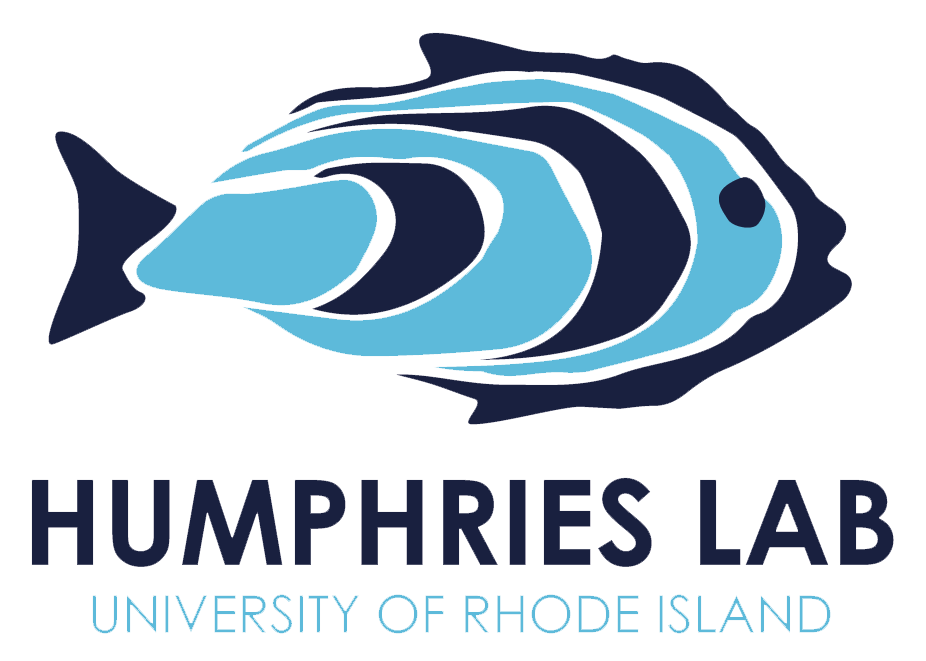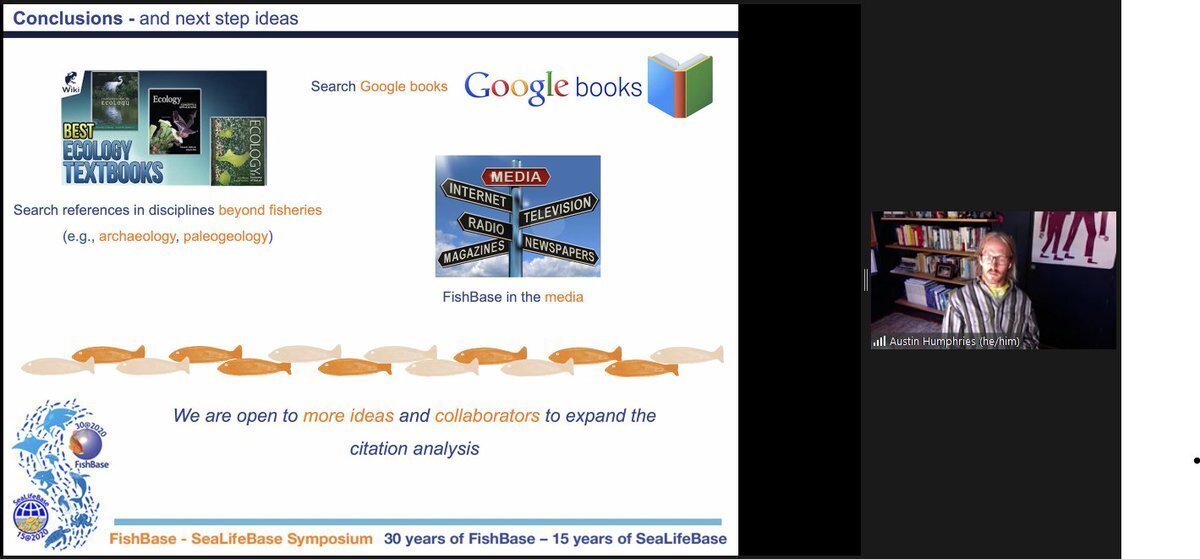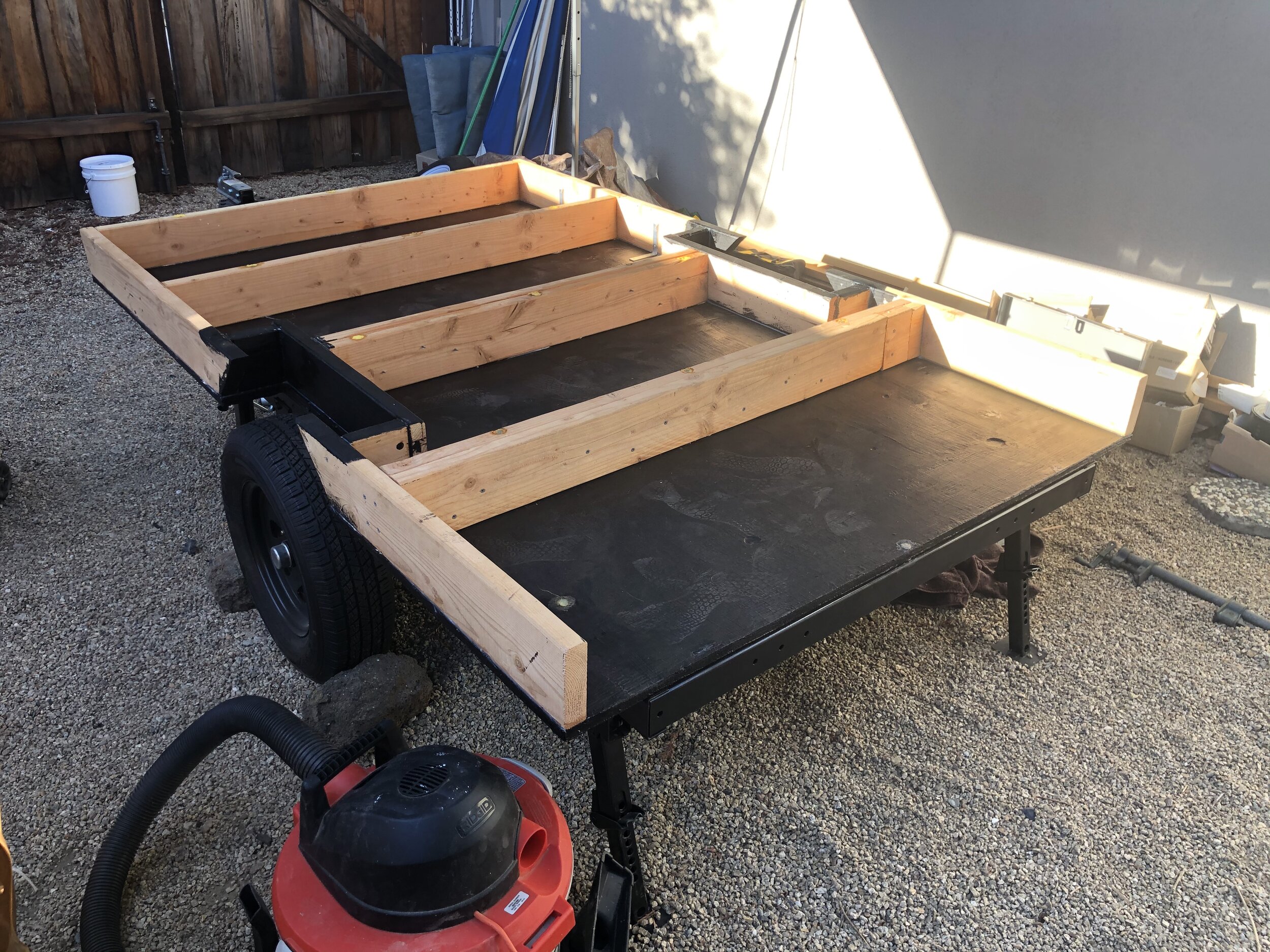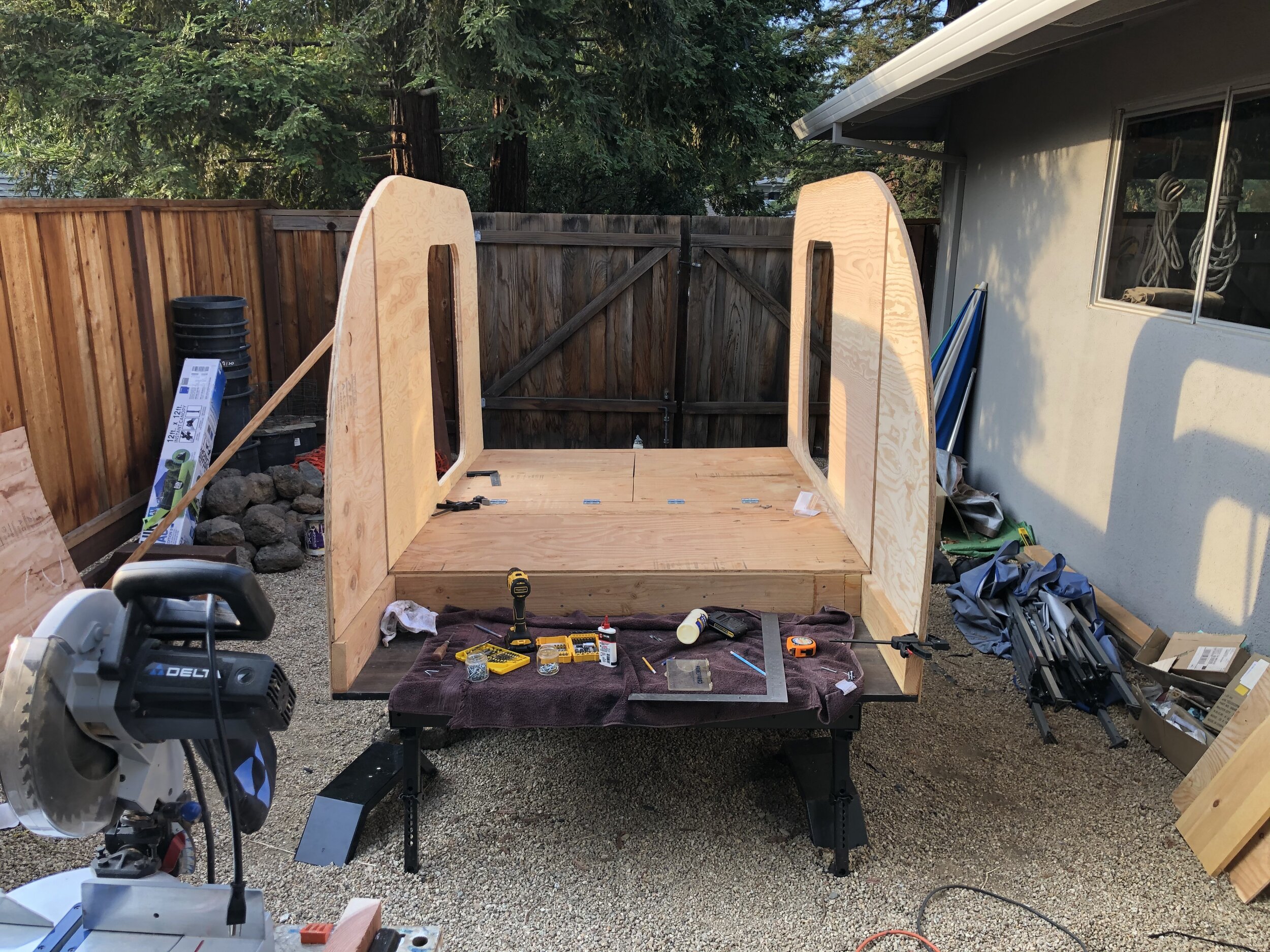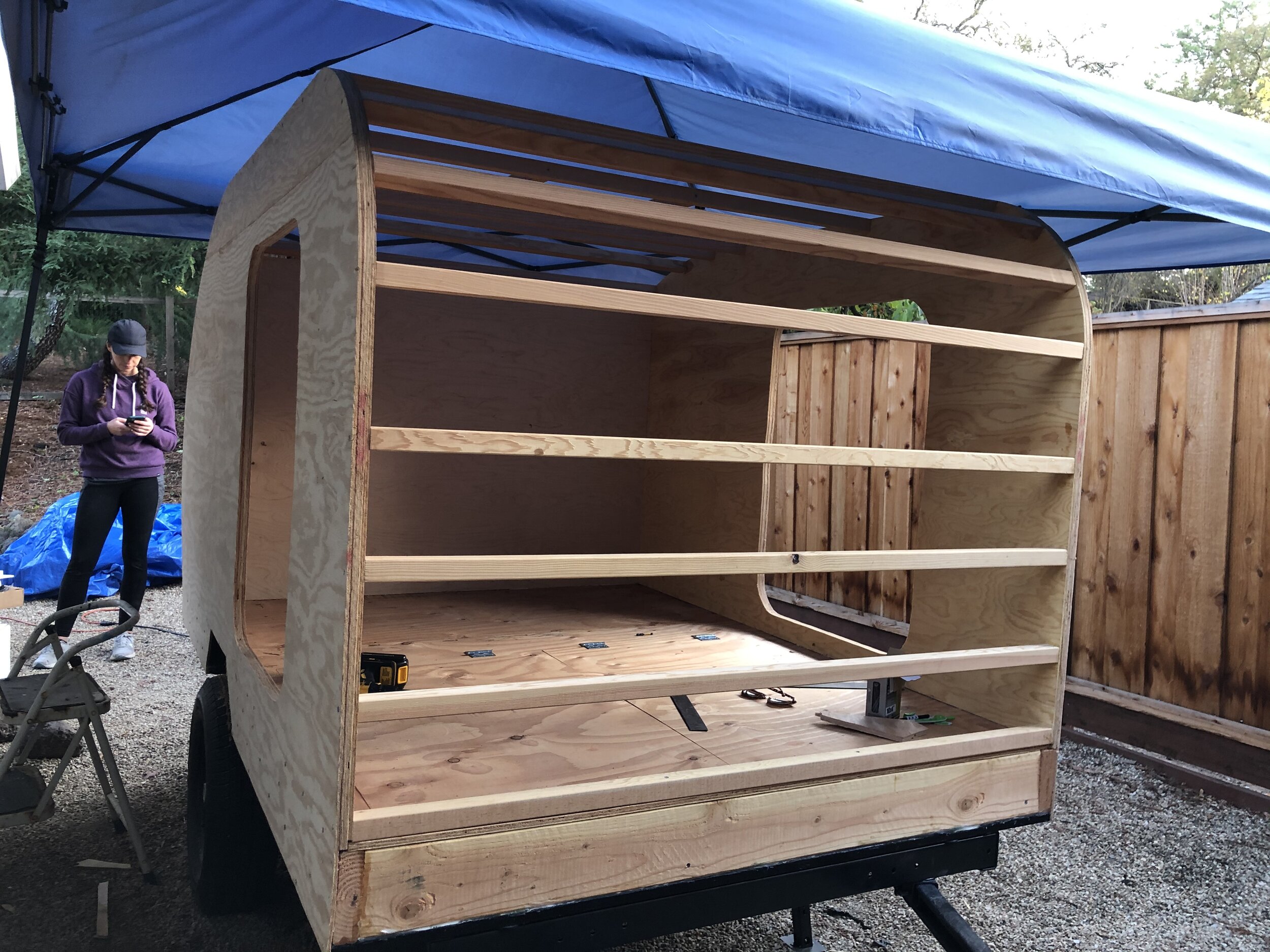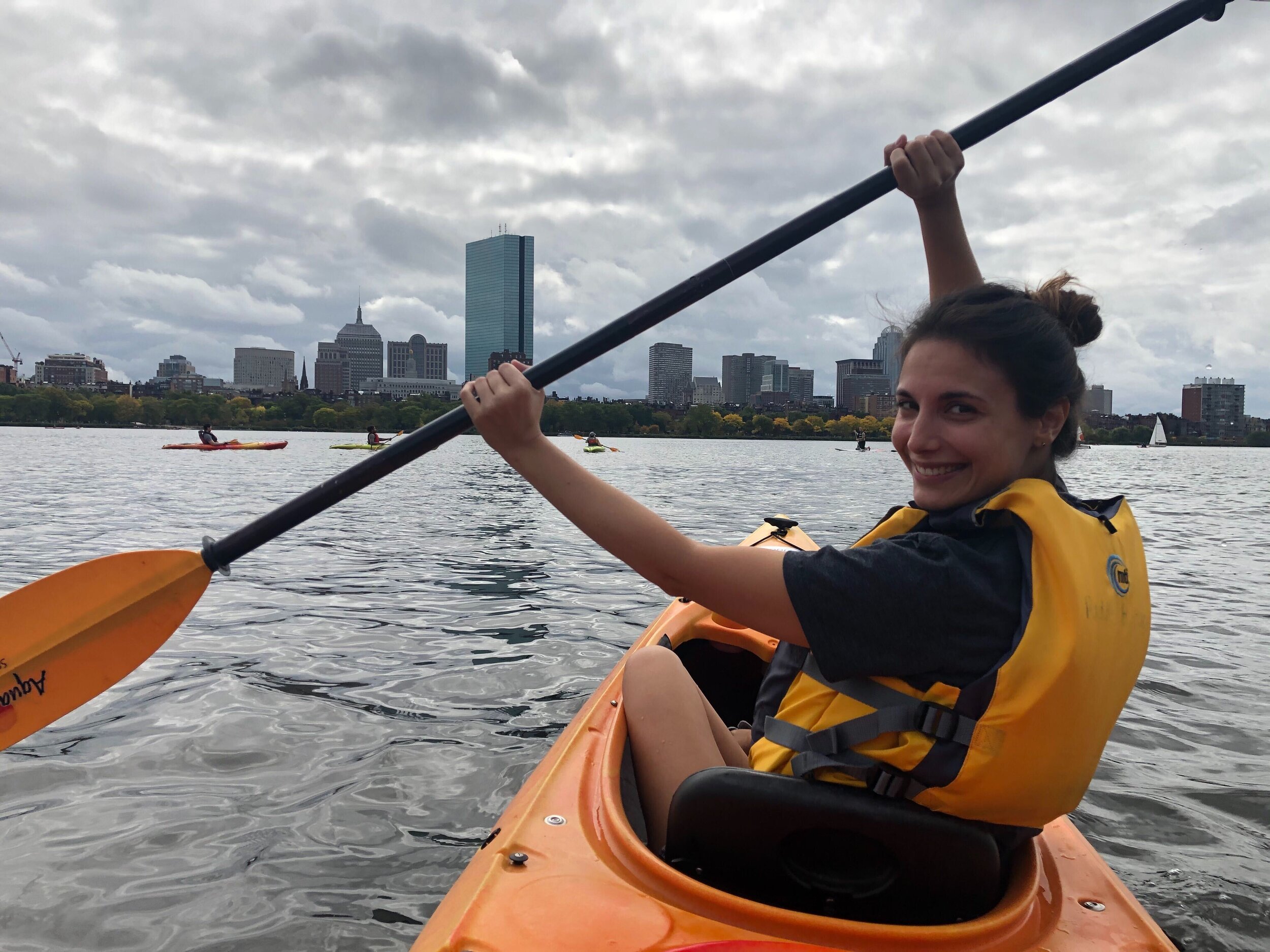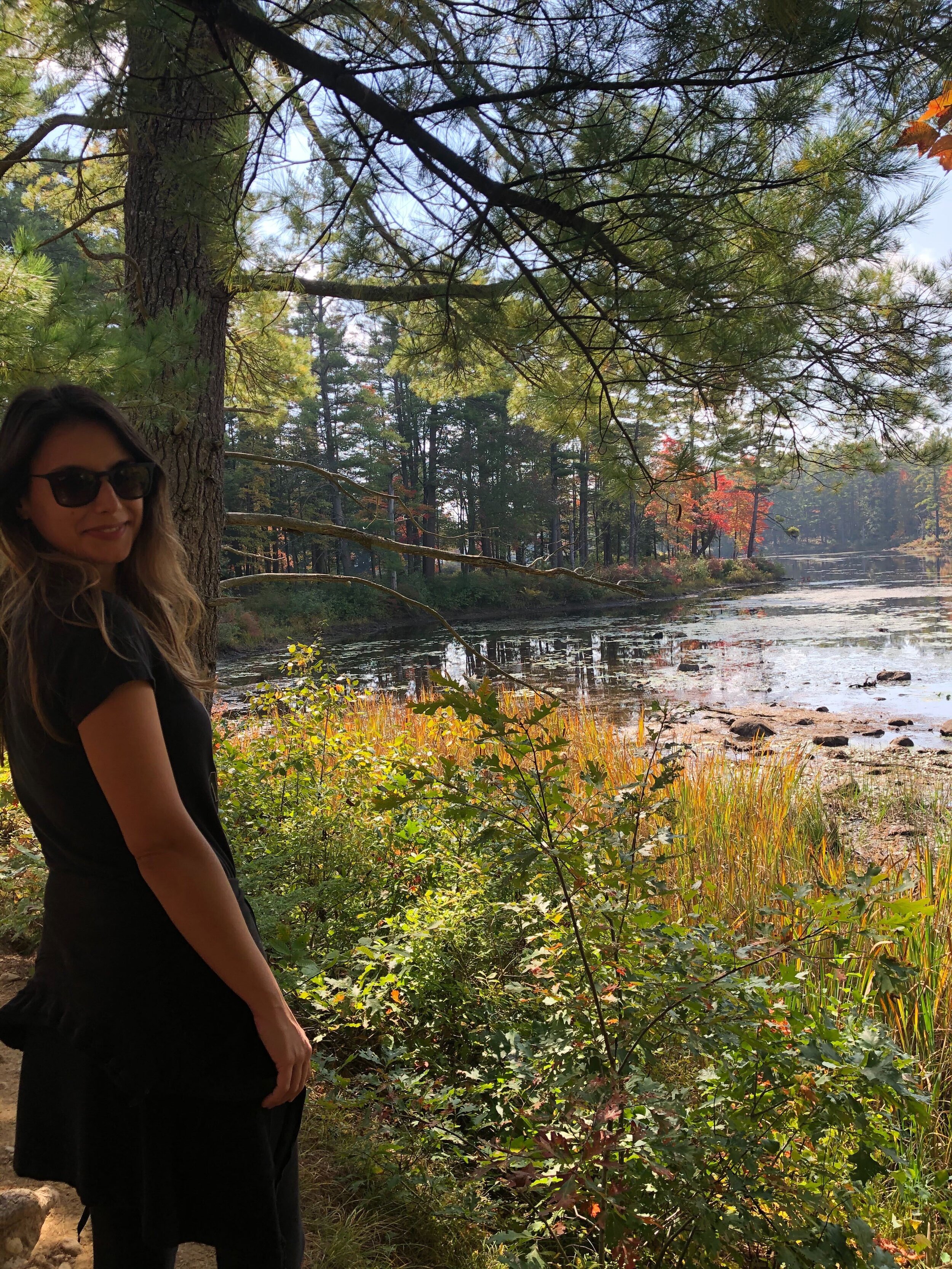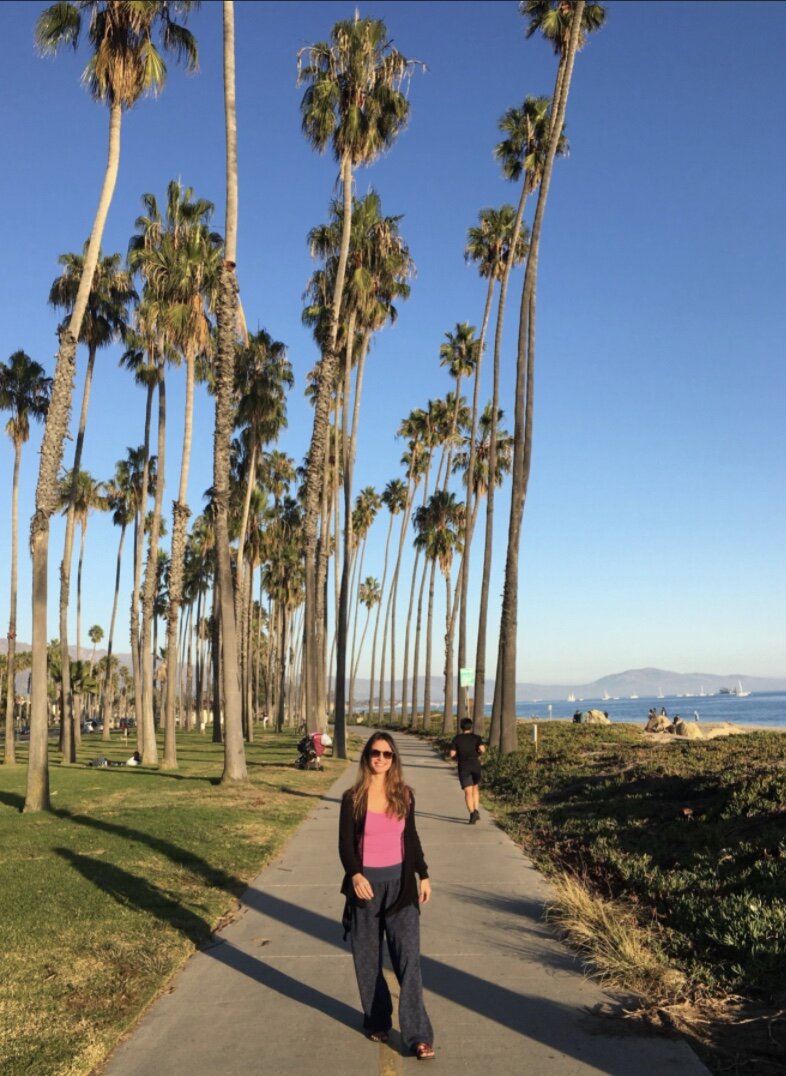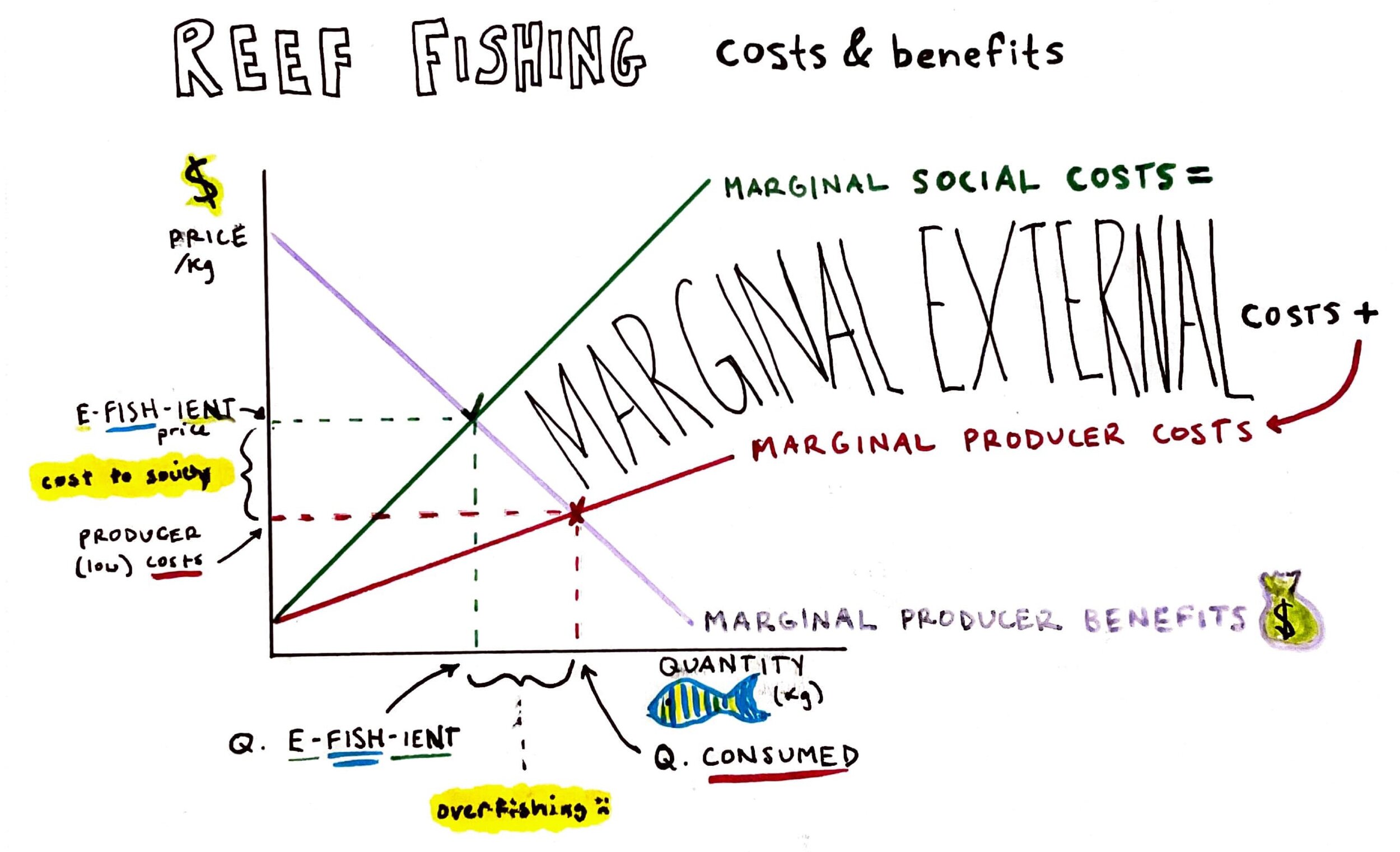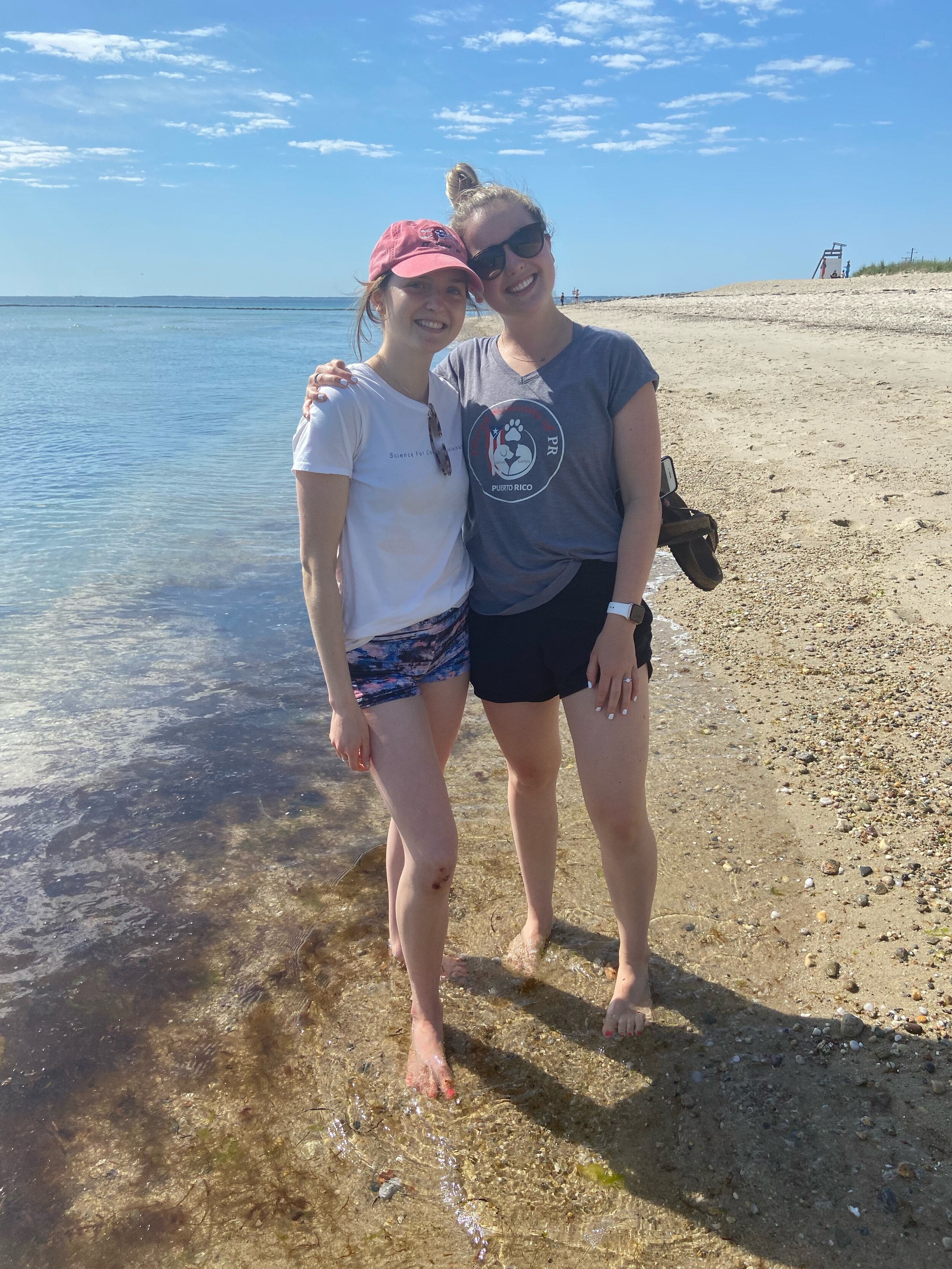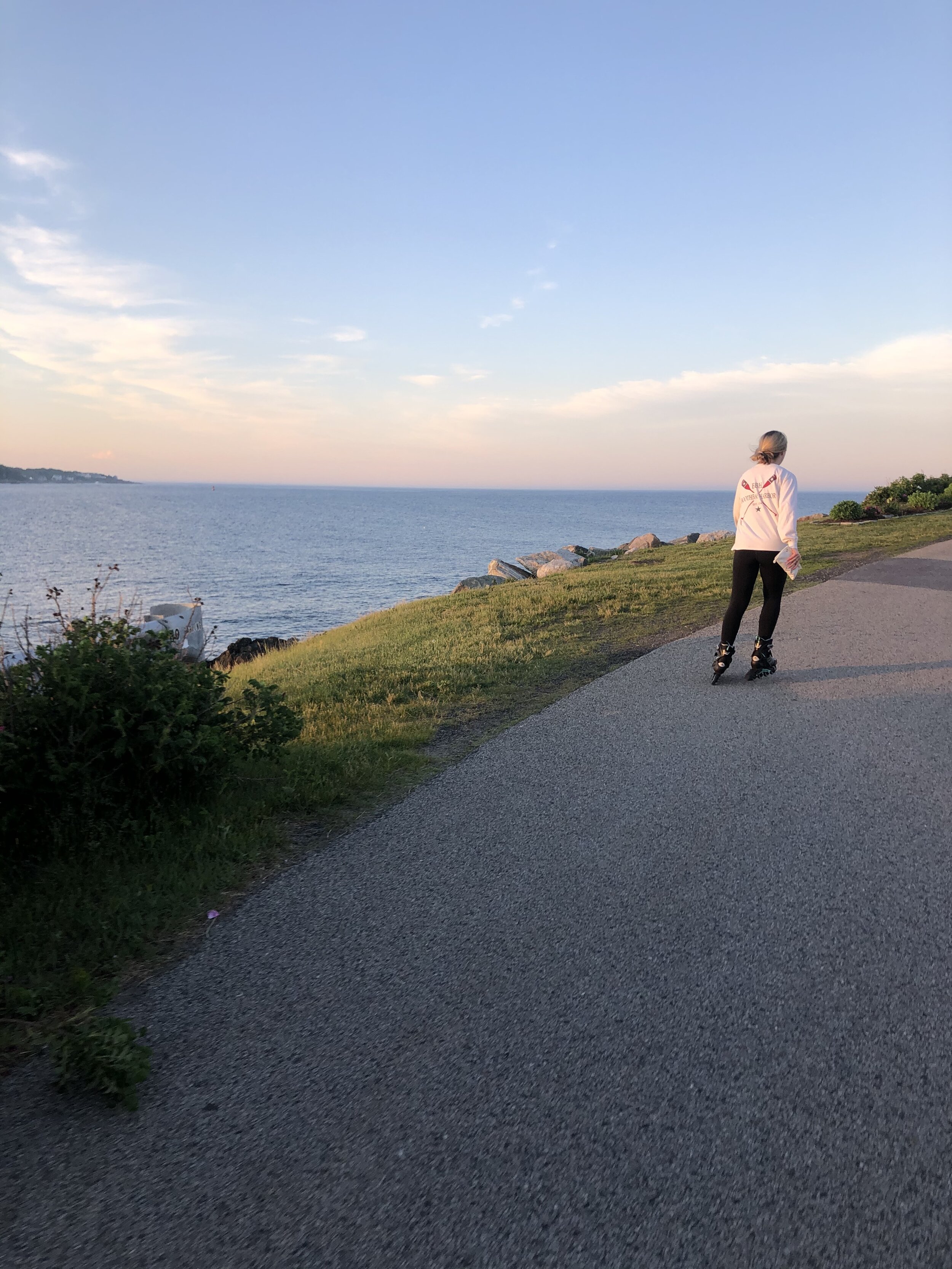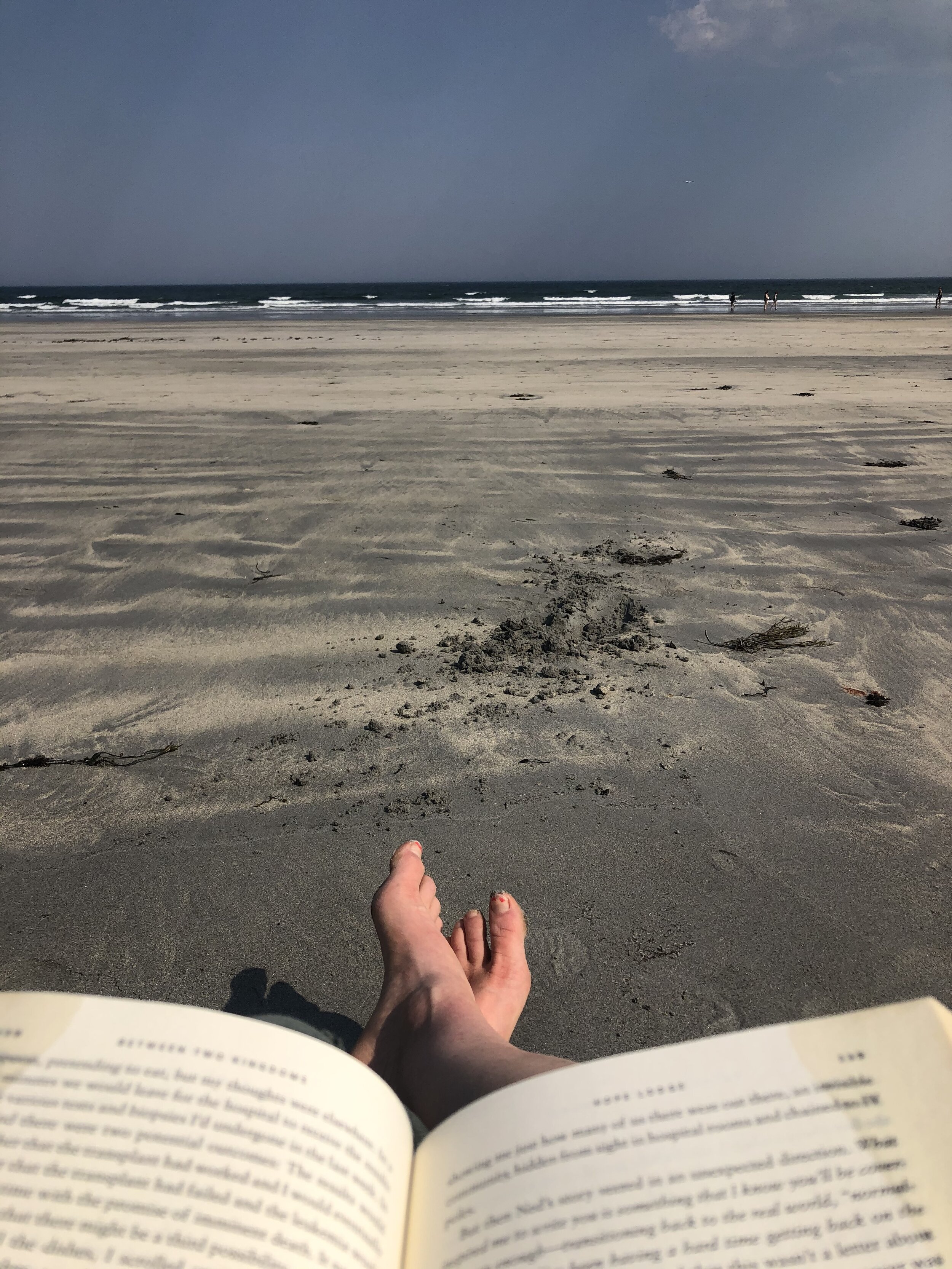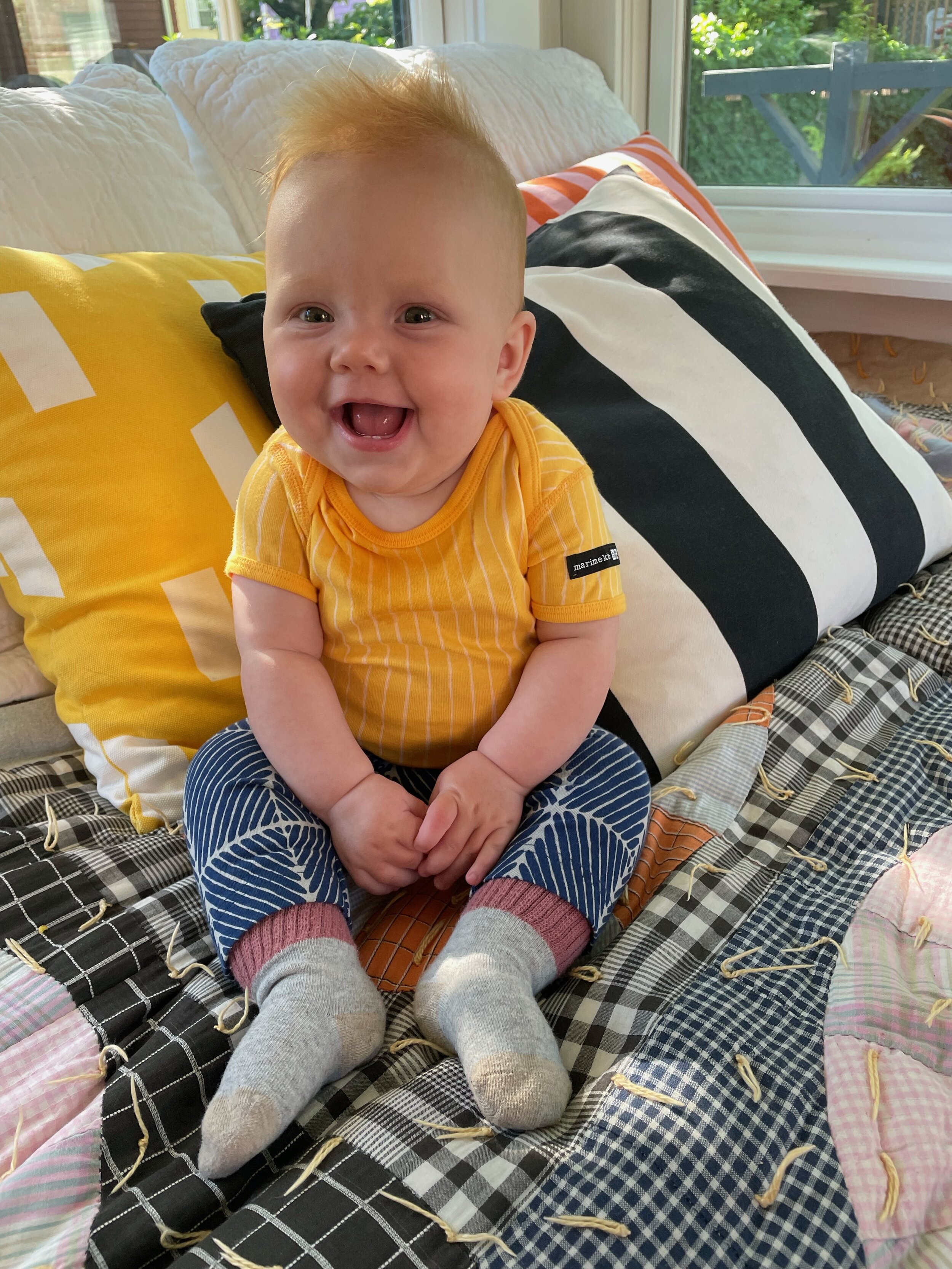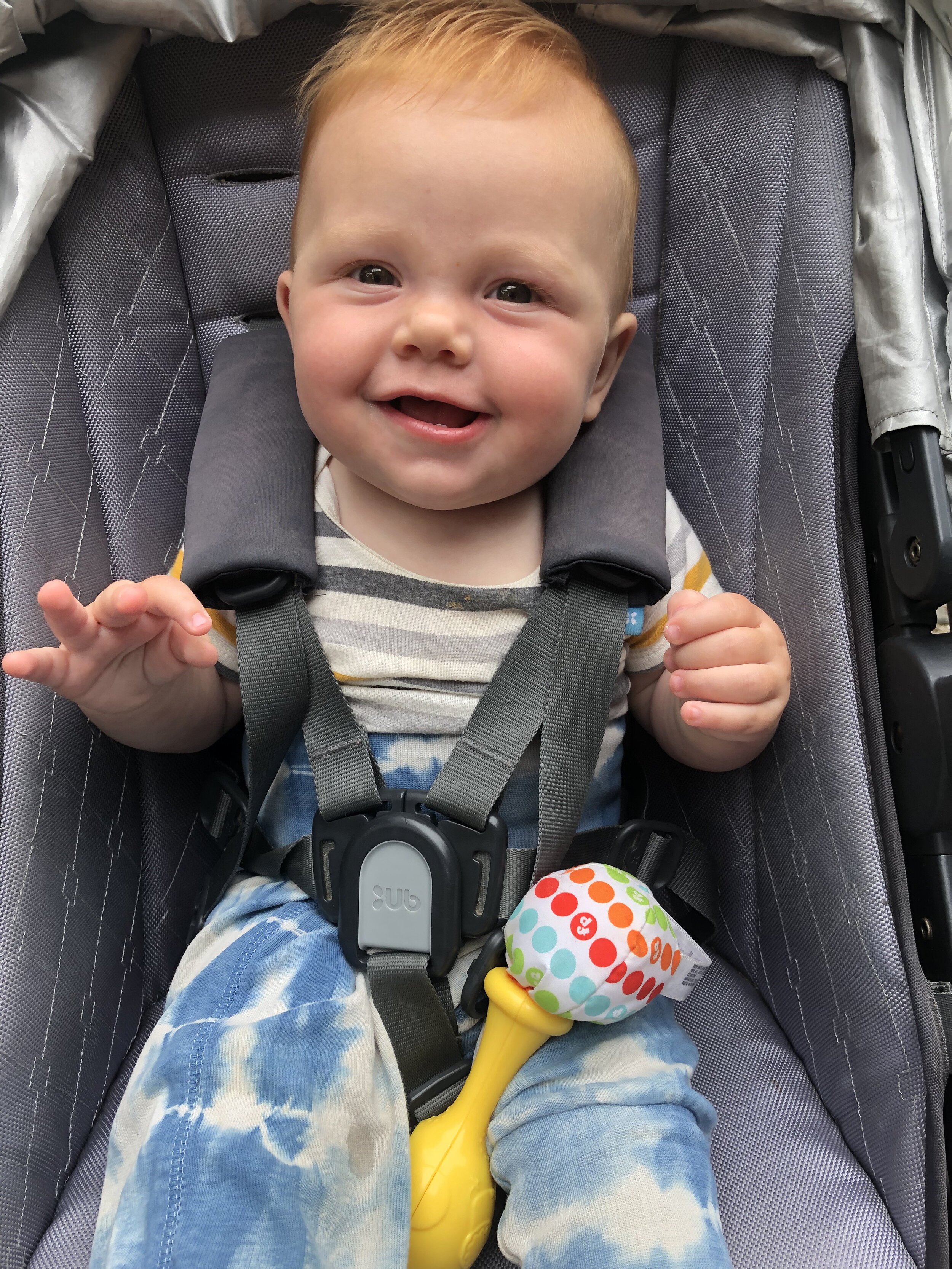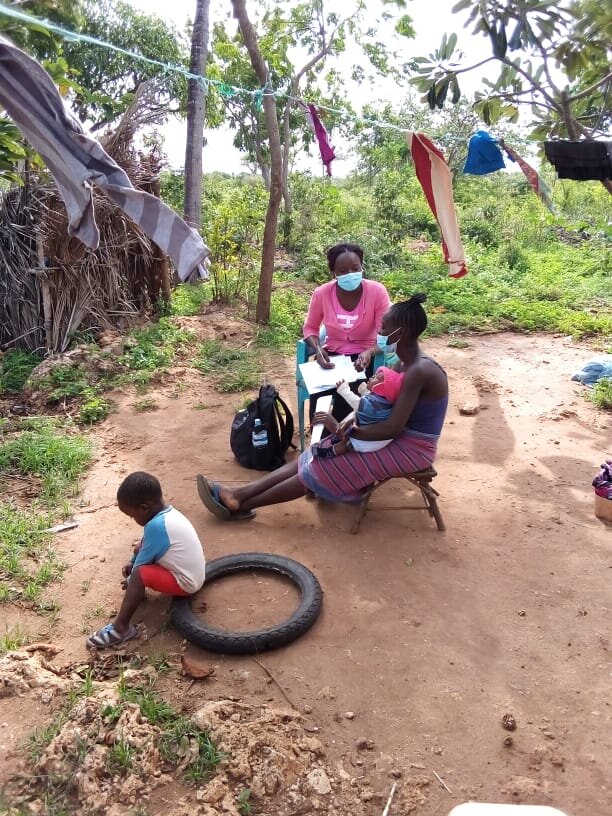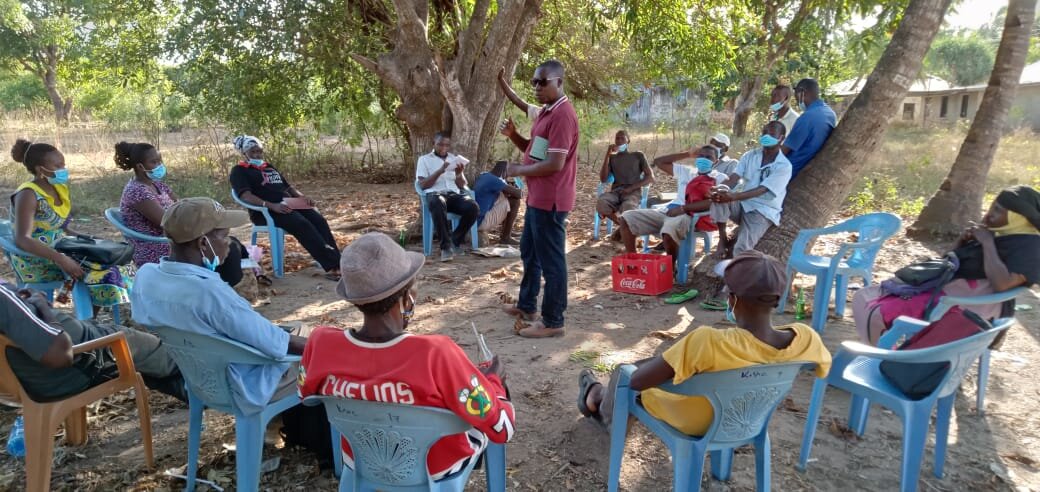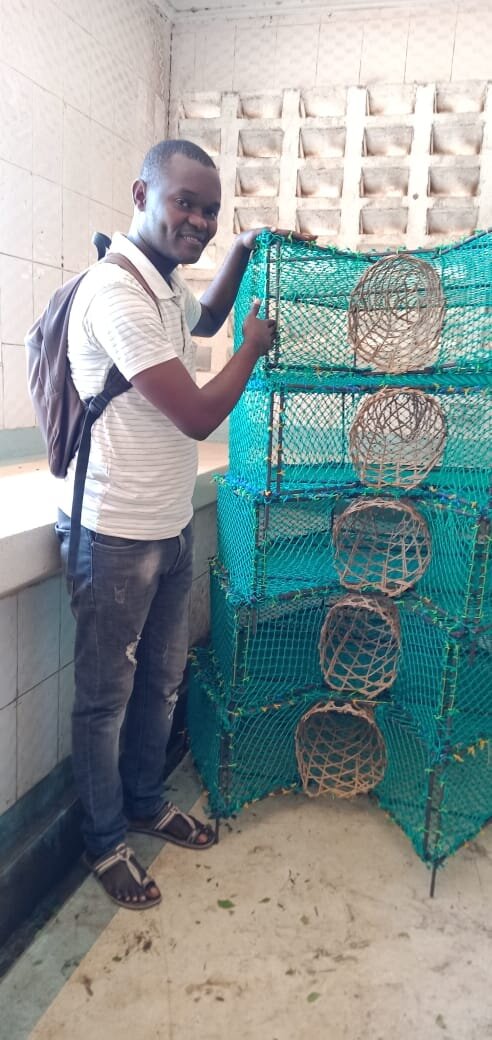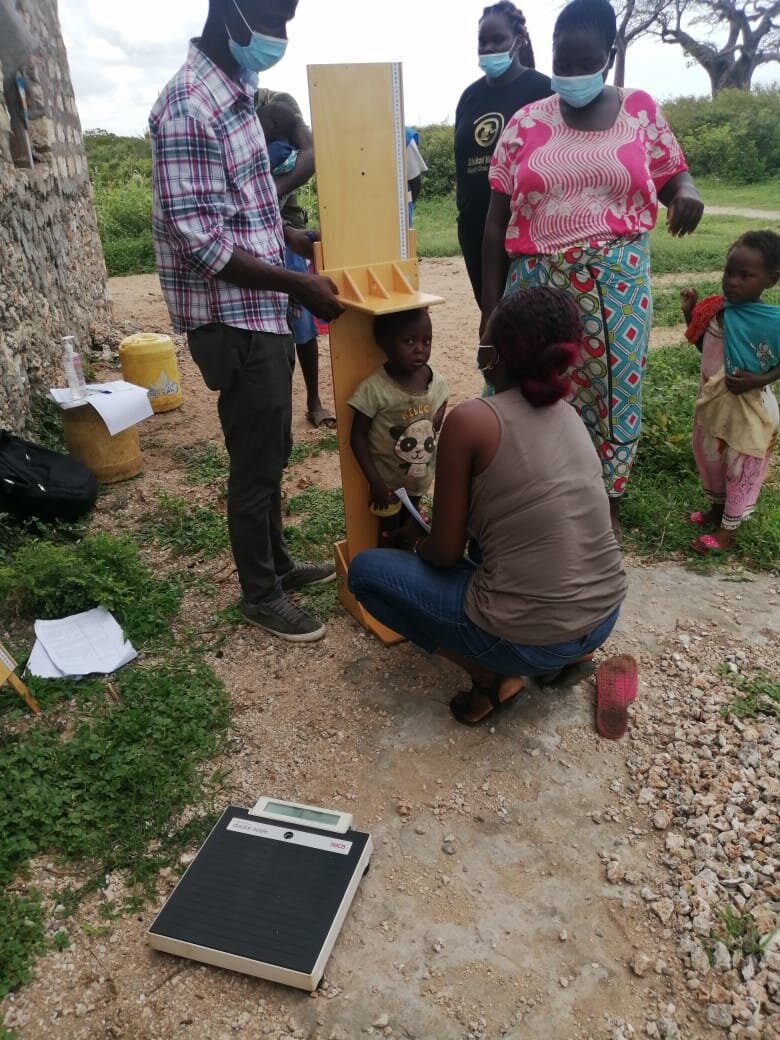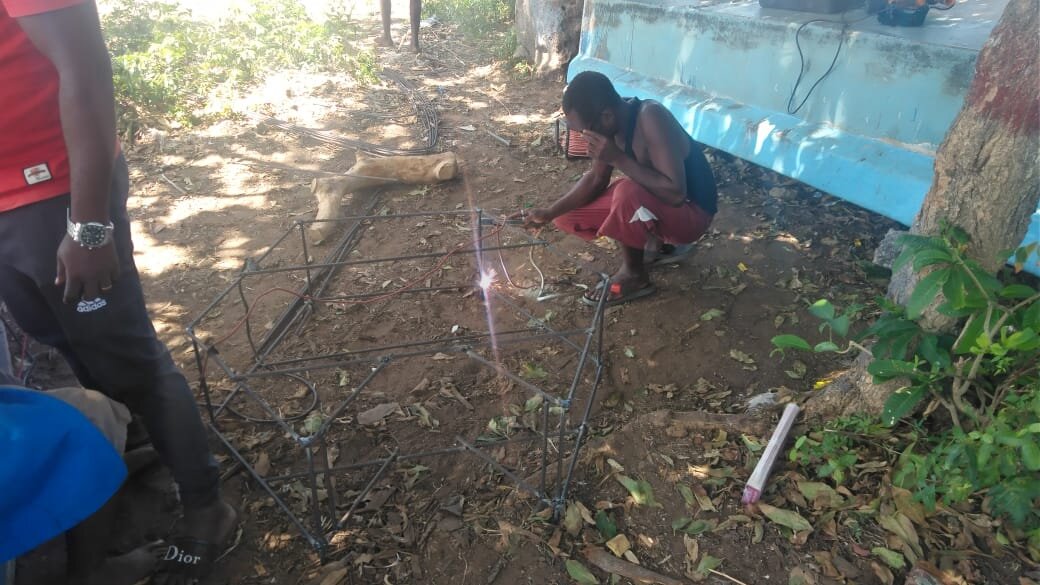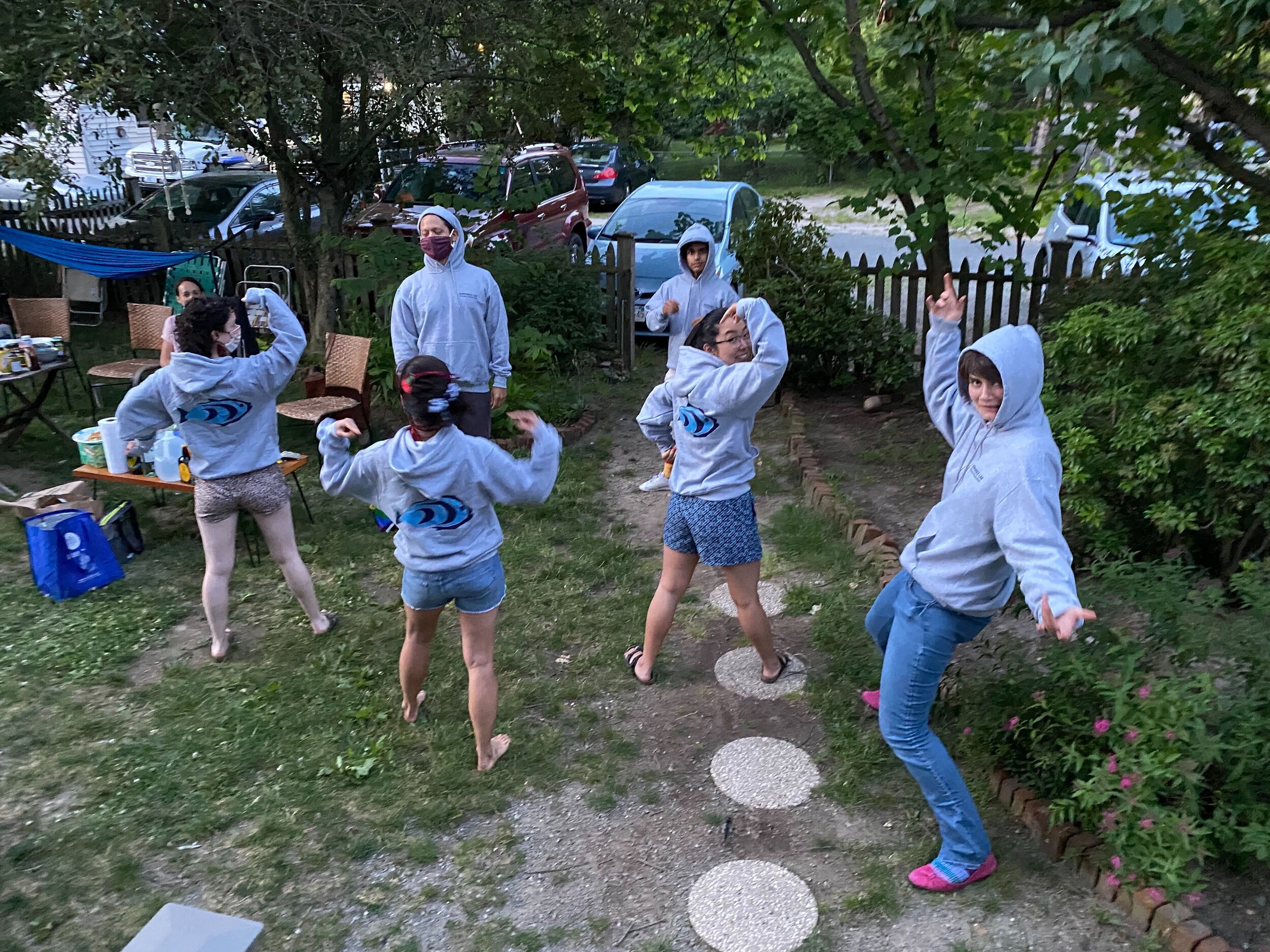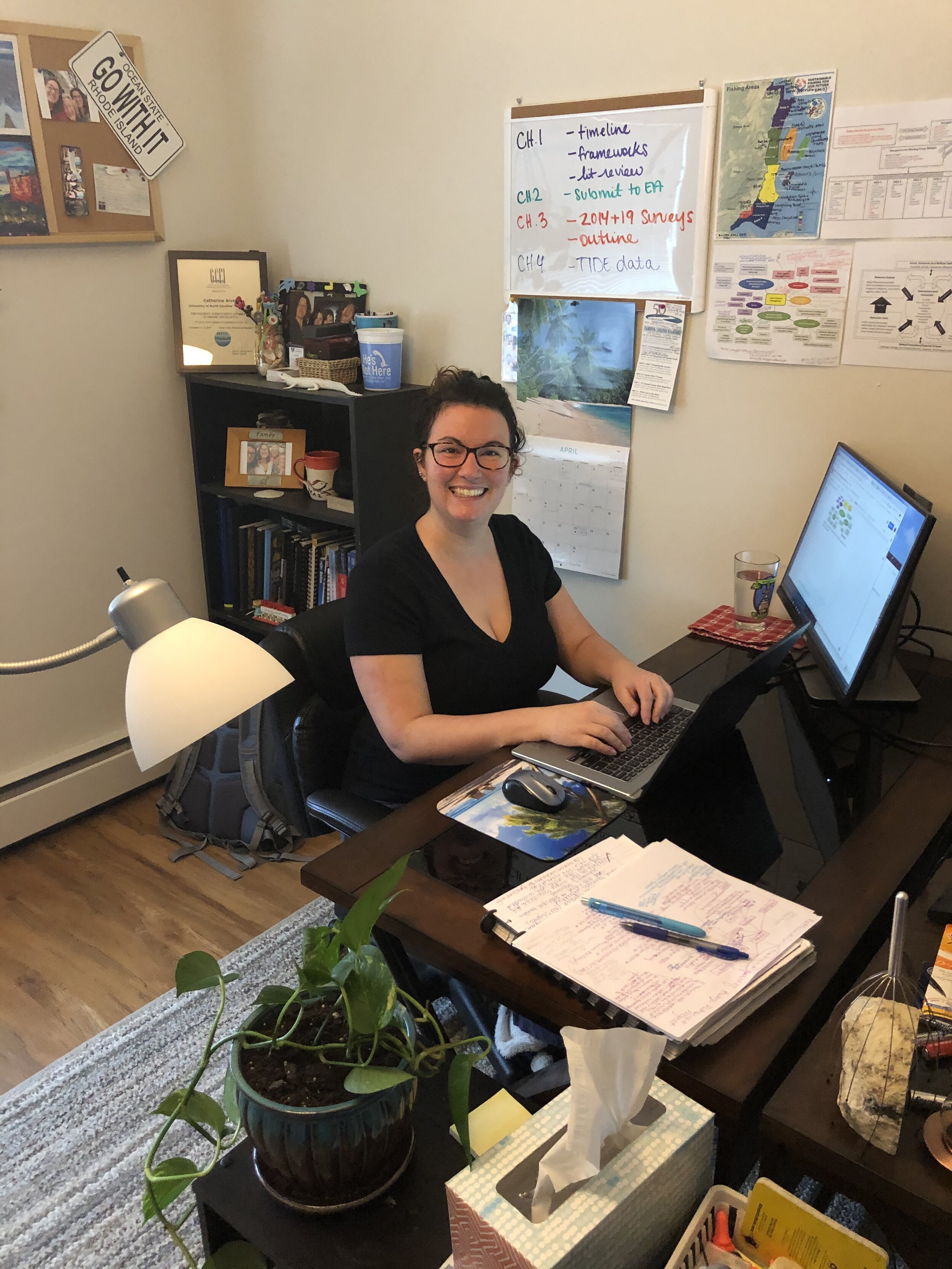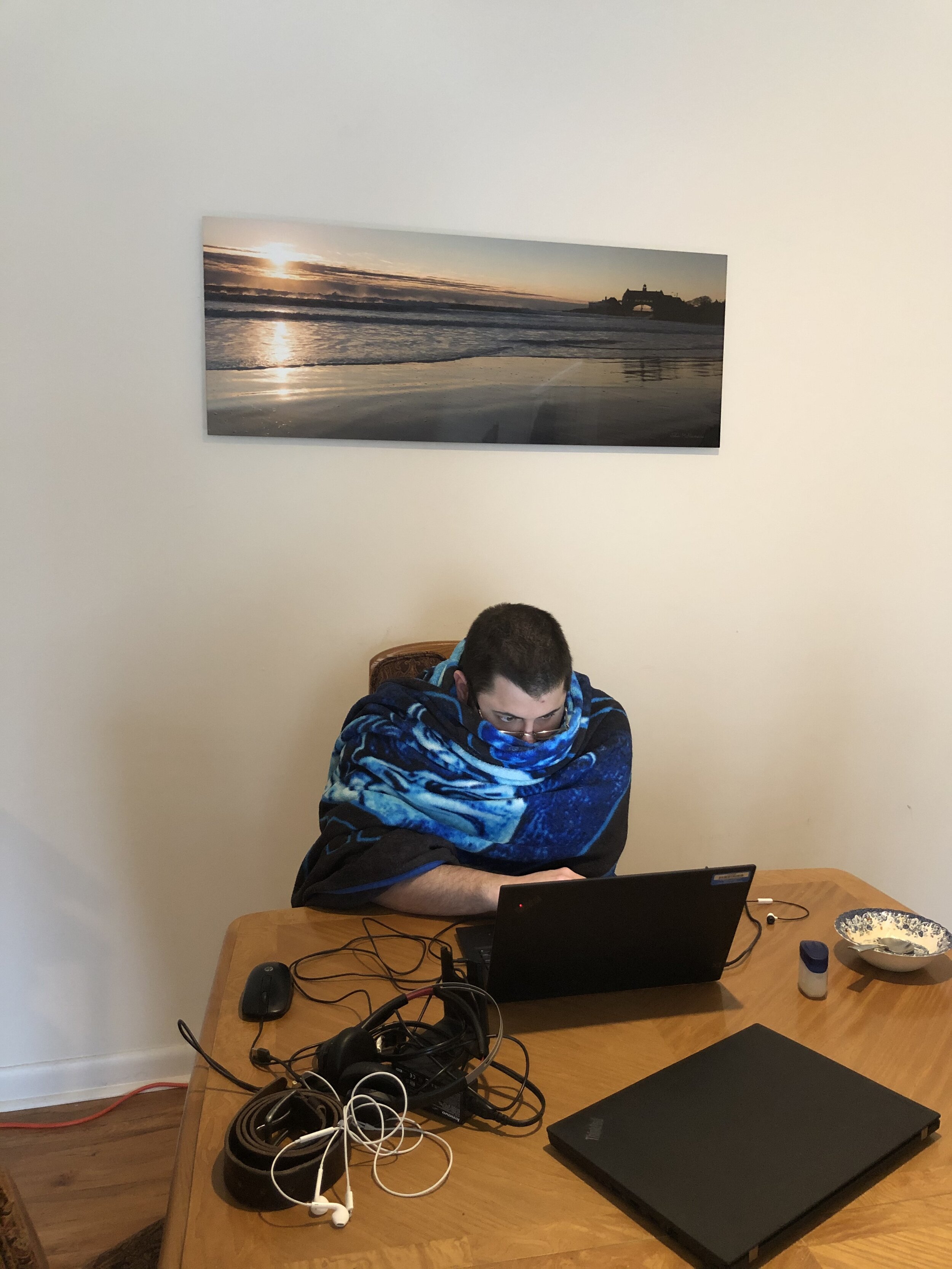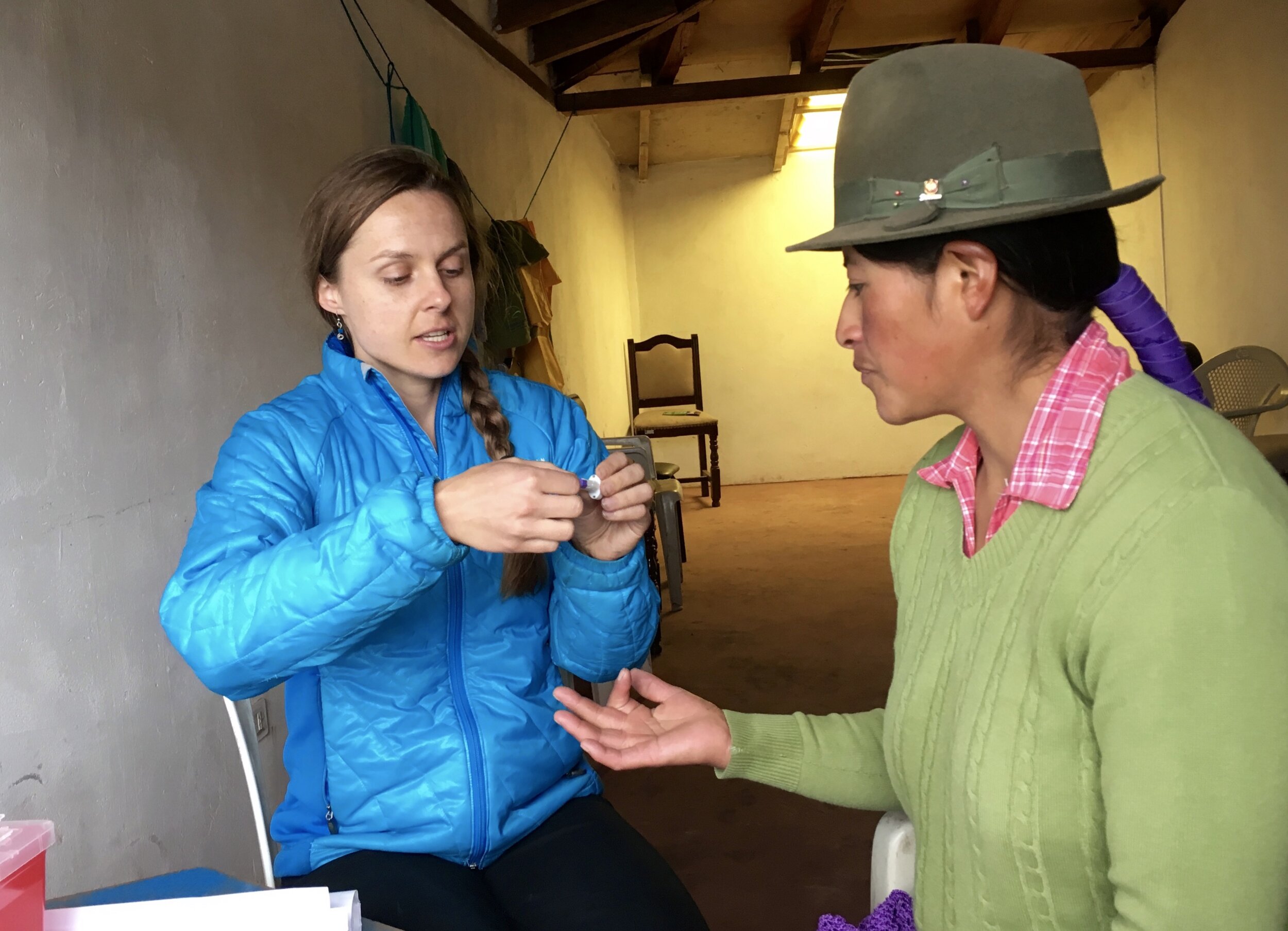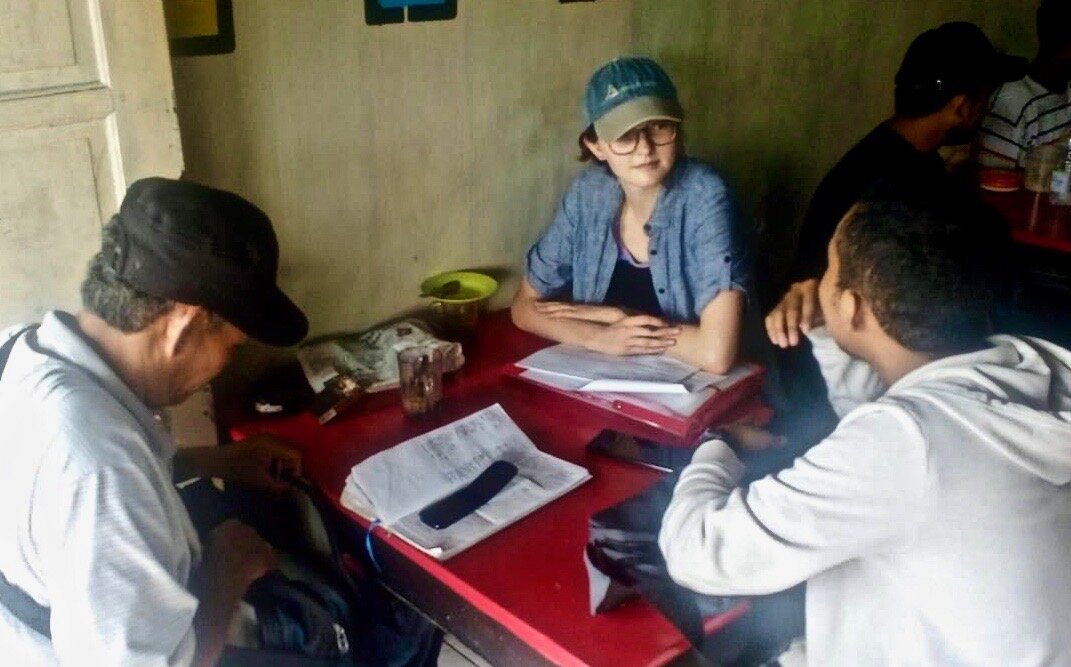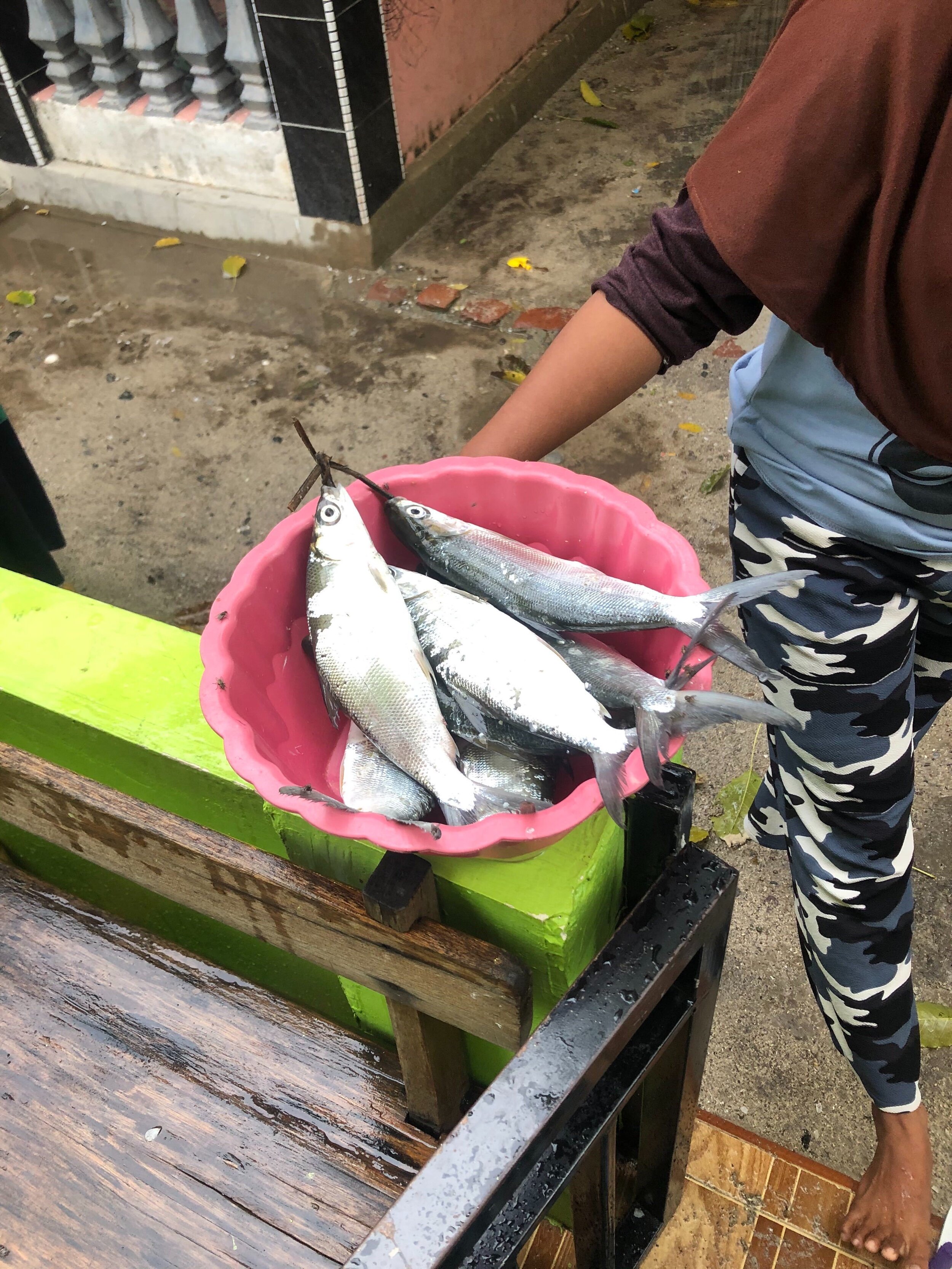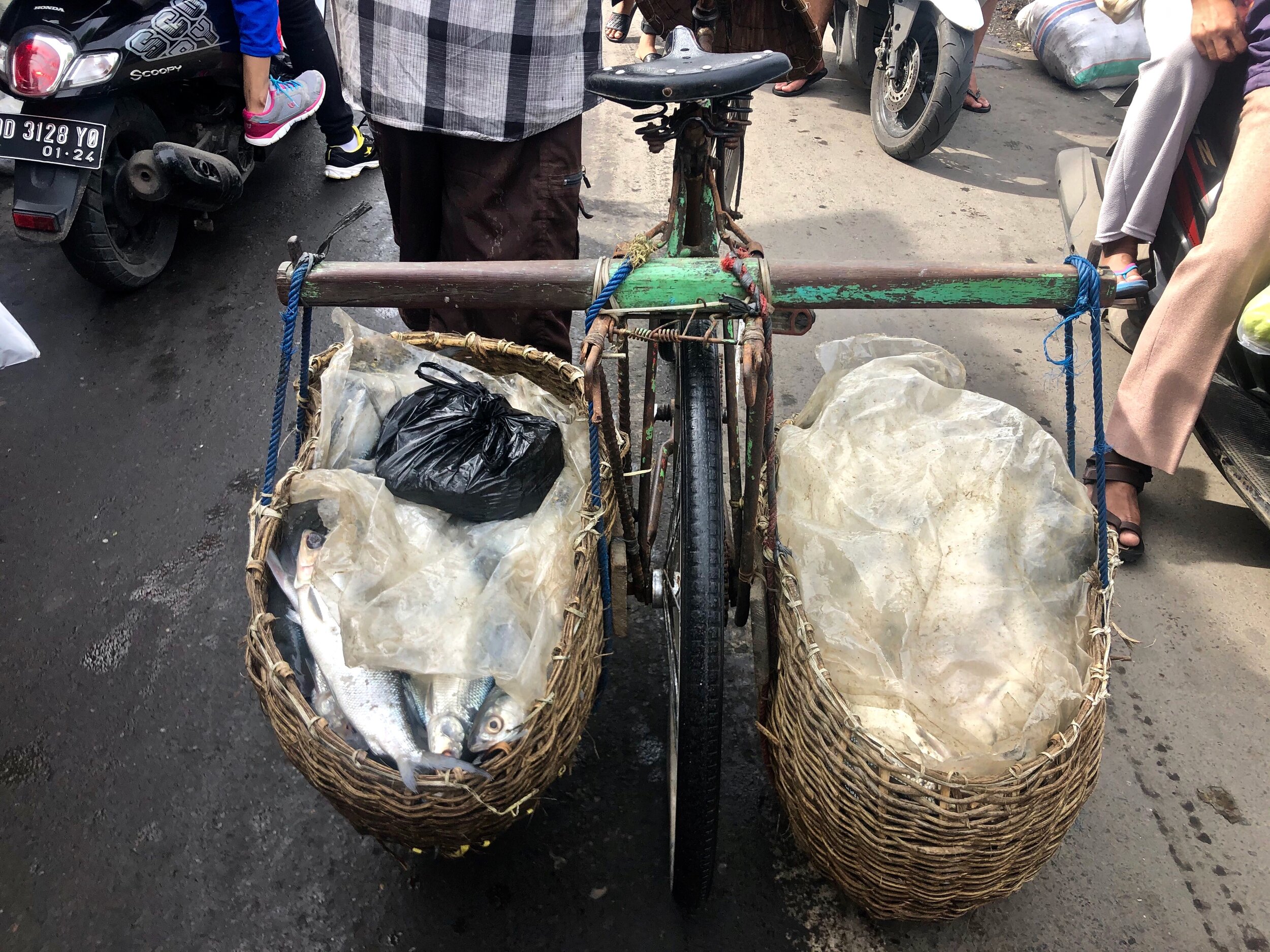The semester has started at URI and the Humphries lab is back at it! First off, conGRADulations to our very own Nicky Roberts, for successfully defending her MS thesis in July - we are going to miss you in the lab but are lucky that you’ll still be in Boston for the year and are excited to see what’s next!
It was a productive summer for many other lab members, too. Donna and Austin authored a paper exploring the Indonesian deep demersal fishery with lab PhD alum Elle Wibisono as a co-author, published in Fisheries Research (https://doi.org/10.1016/j.fishres.2021.106089).
Austin also published a paper with PhD alum Paul Carvalho in Fish and Fisheries that explored a length-based coral reef fisheries model under varying gear restrictions (https://doi.org/10.1111/faf.12607).
Lab members were also able to get out into the world (both virtually and in person) to share and work on research. As new members of the FishBase consortium, Austin and Donna presented at the 30th Anniversary Symposium in France.
Rachel made it all the way to Kenya for two weeks to help with baseline data collection on the Samaki Salama nutrition security project. She met with co-PIs Andrew Wamukota, Elizabeth Kamau, Lora Iannotti, and the local research assistants Catherine, Chris, Joaquim, and Francis to conduct home visits with study participants and to pass out the gated fish traps that will be part of the fisheries intervention. Stay tuned for updates as the year-long intervention is currently underway…

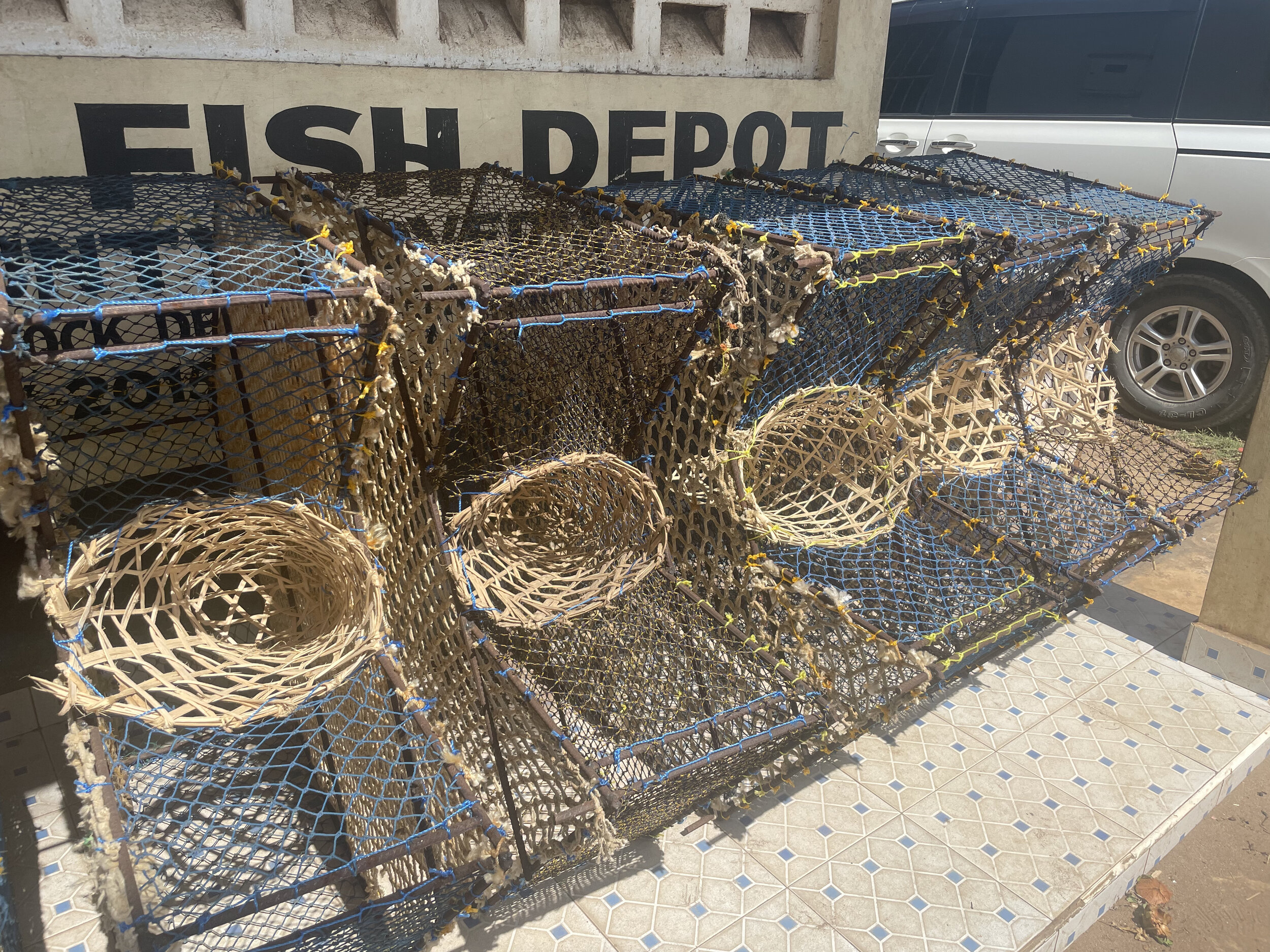

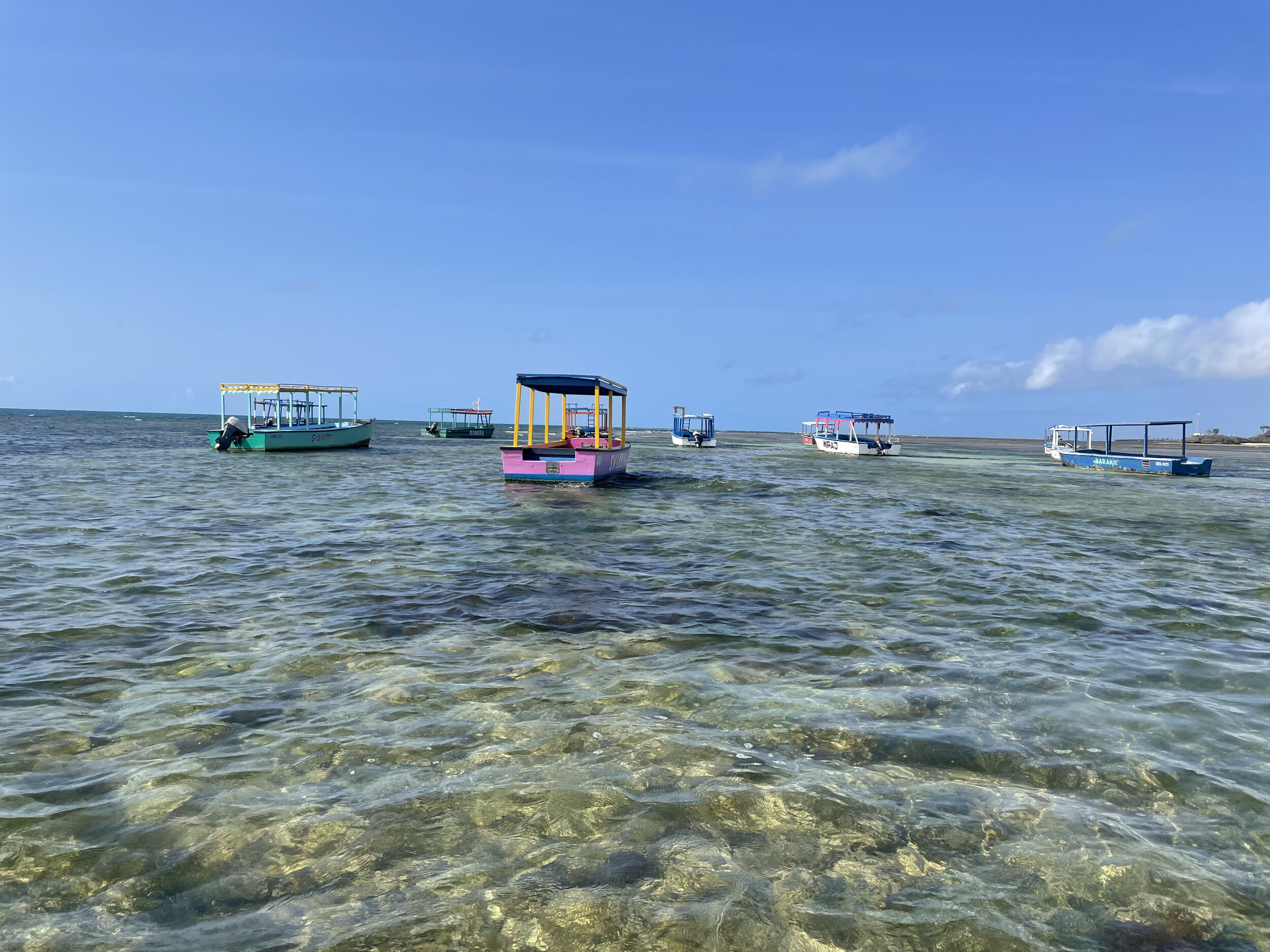
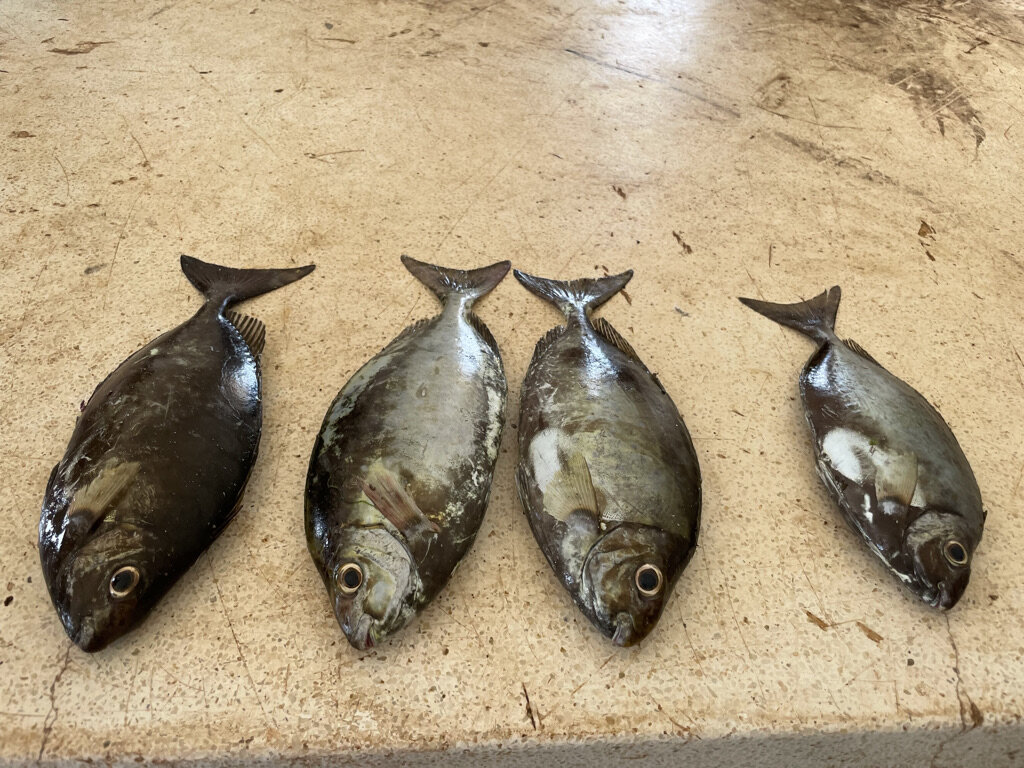
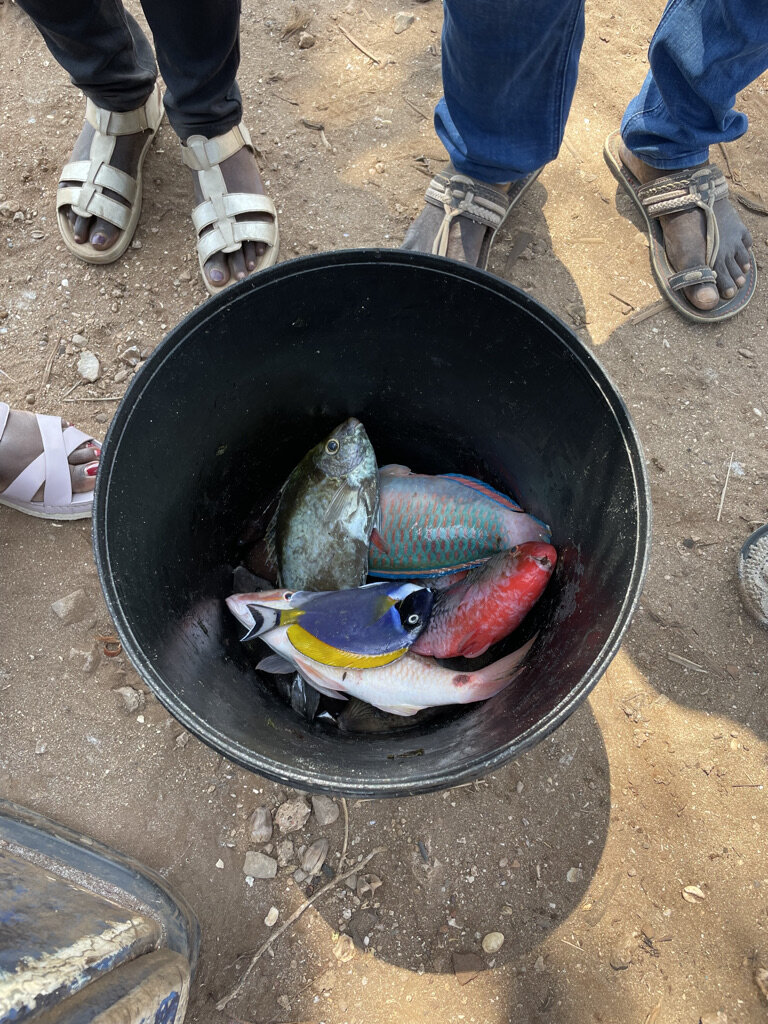
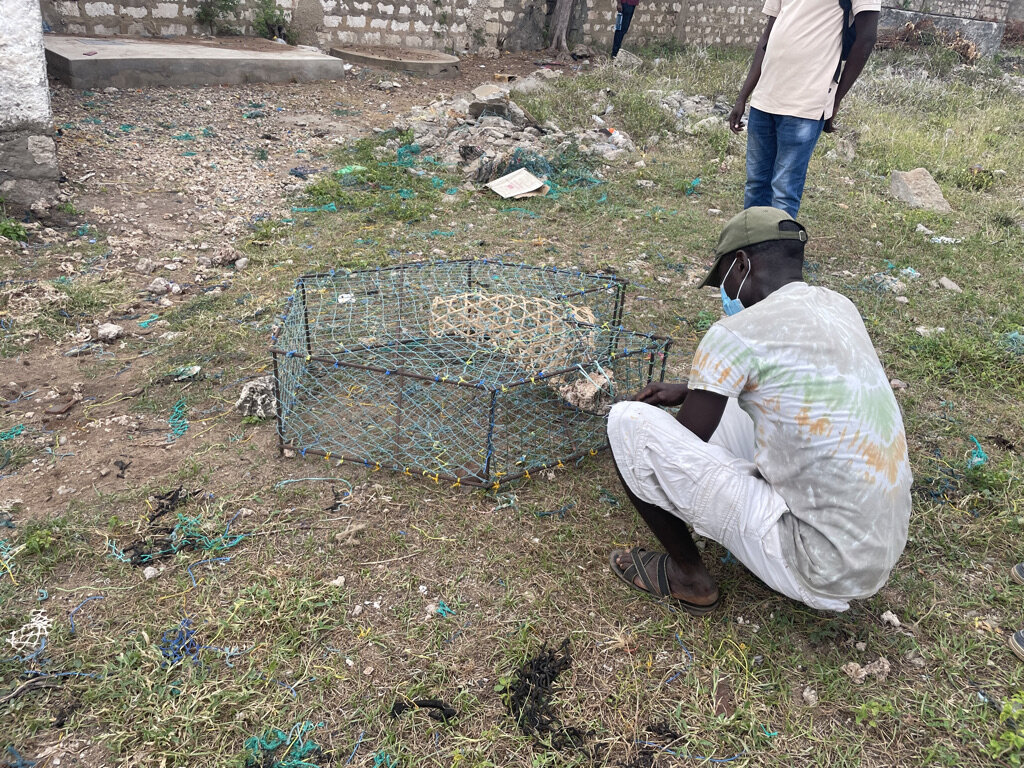
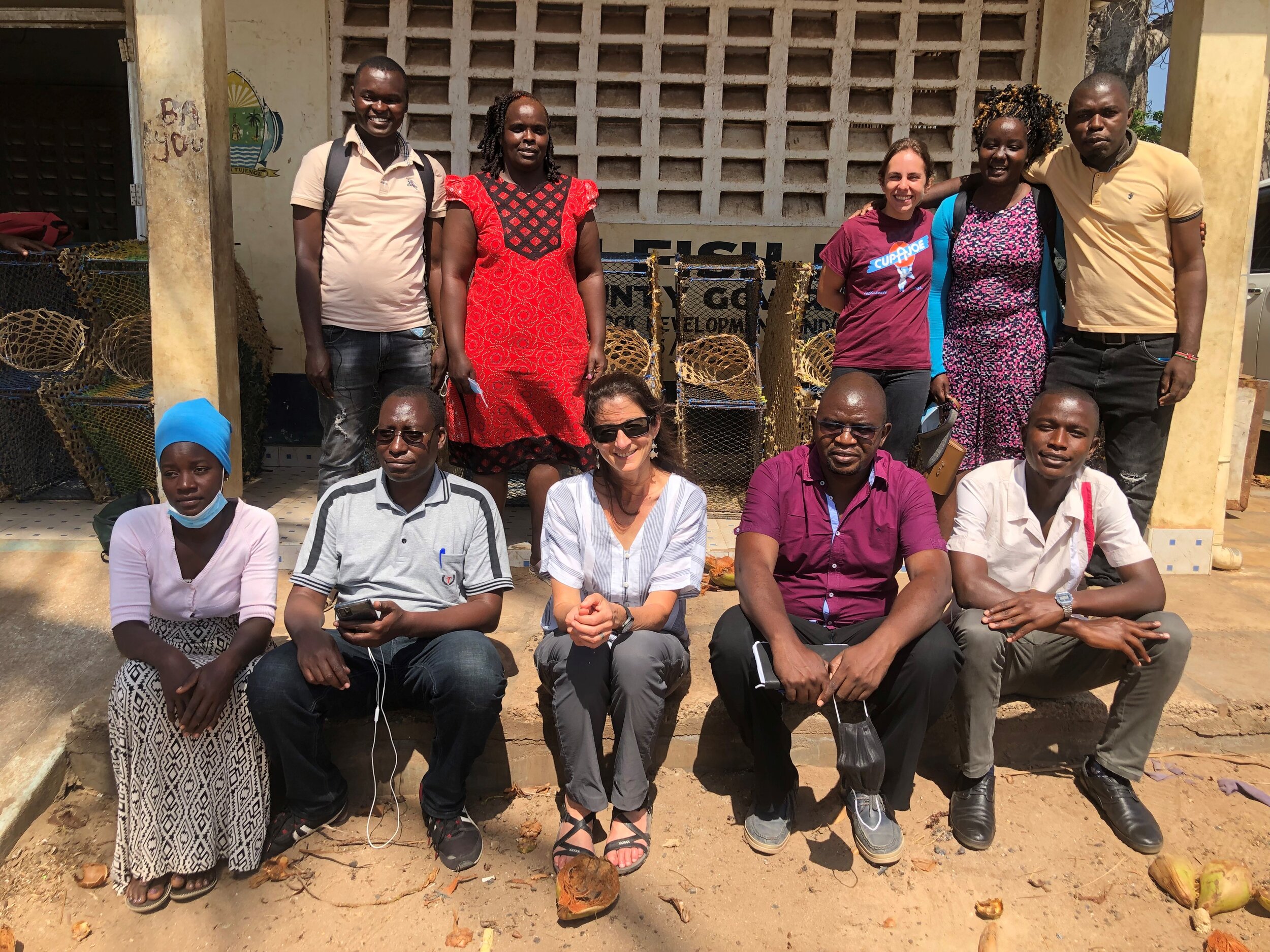
There is a lot to look forward to this semester: Austin is back on campus, teaching his Food From the Sea course, and folks are back in the office again as all classes start off in-person. With conferences, research, and other opportunities on the horizon, it’s going to be a busy few months!
